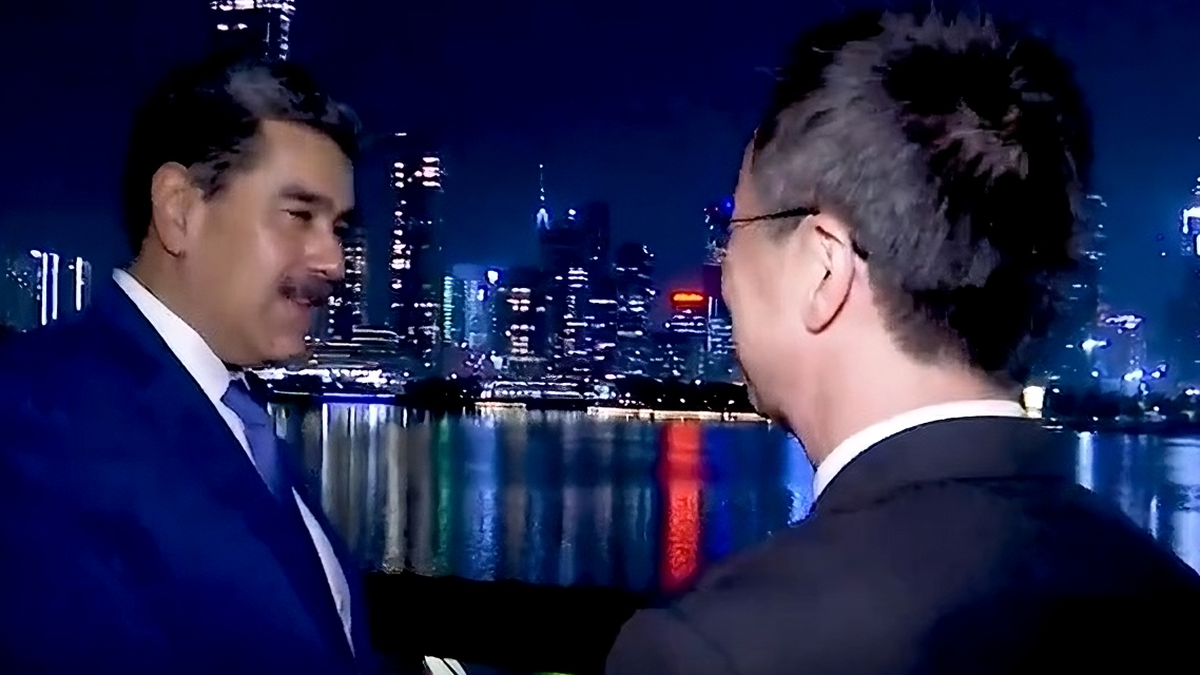He President of Venezuela, Nicolás Maduro, traveled to China to strengthen ties between both nations, closely linked by oil trade. The meeting takes place in a context of strong tension between the country led by Xi Jinping and the West.
China, the world’s largest oil importeris one of the greatest creditors of Venezuela and an important player in the country’s oil industry, which has the largest reserves tested crude oil in the world.
The decision of Beijing to receive Maduro coincides with a summit of the G20 in New Delhi this weekend, to which the Chinese president, Xi Jinping will not attend. Maduro last visited China in 2018when he met with Xi.
This Friday, the president arrived in Chinawhere it will be until September 14, and was received with a amazing drone show in the sky.
ssstwitter.com_1694208343299.mp4
Maduro’s arrival comes after previous meetings of a Venezuelan delegation with Chinese officials such as Foreign Minister Wang Yi and Vice President Han Zheng, in Beijing and Shanghai this week, according to China’s Ministry of Foreign Affairs.
The two countries “coordinate and cooperate closely on international and regional affairs, they strongly support each other and jointly oppose hegemonism and unilateralism“Chinese Vice President Han Zheng told the Venezuelan delegation, according to a Friday report by Chinese state media CCTV.
For her part, Vice President Rodríguez said on Friday in a post on Twitter that The two governments were strengthening relations and cooperation in favor of peace.
Oil: the main link between Venezuela and China
Despite the United States sanctions on Venezuelan oil, between January and August of this year, China imported around 390,000 barrels per day of crude oil from the South American countryfor a total of approximately 12.9 million metric tonsaccording to data from the raw materials consultancy Vortexa.
However, there was a conflict between both nations. The state company China National Petroleum Corp (CNPC) has a stake in 40% in the Sinovensa projectin the Venezuelan Orinoco belt, together with the state-owned Petróleos de Venezuela (PDVSA).
CNPC stopped transporting Venezuelan oil in August 2019 after the administration of former US president Donald Trump would toughen sanctions against Venezuelaalthough other Chinese entities continued buying.
Venezuela also is heavily indebted to China after loan agreements for more than 50 billion dollars with then-president Hugo Chávez. A drop in oil prices and declining crude production caused liquidity problems for the Maduro government, which was forced to request grace periods for debt with China in 2016.
In 2020, the Maduro administration and Chinese banks They agreed again on a debt grace periodwhich was estimated at 19 billion dollars.
Source: Ambito




